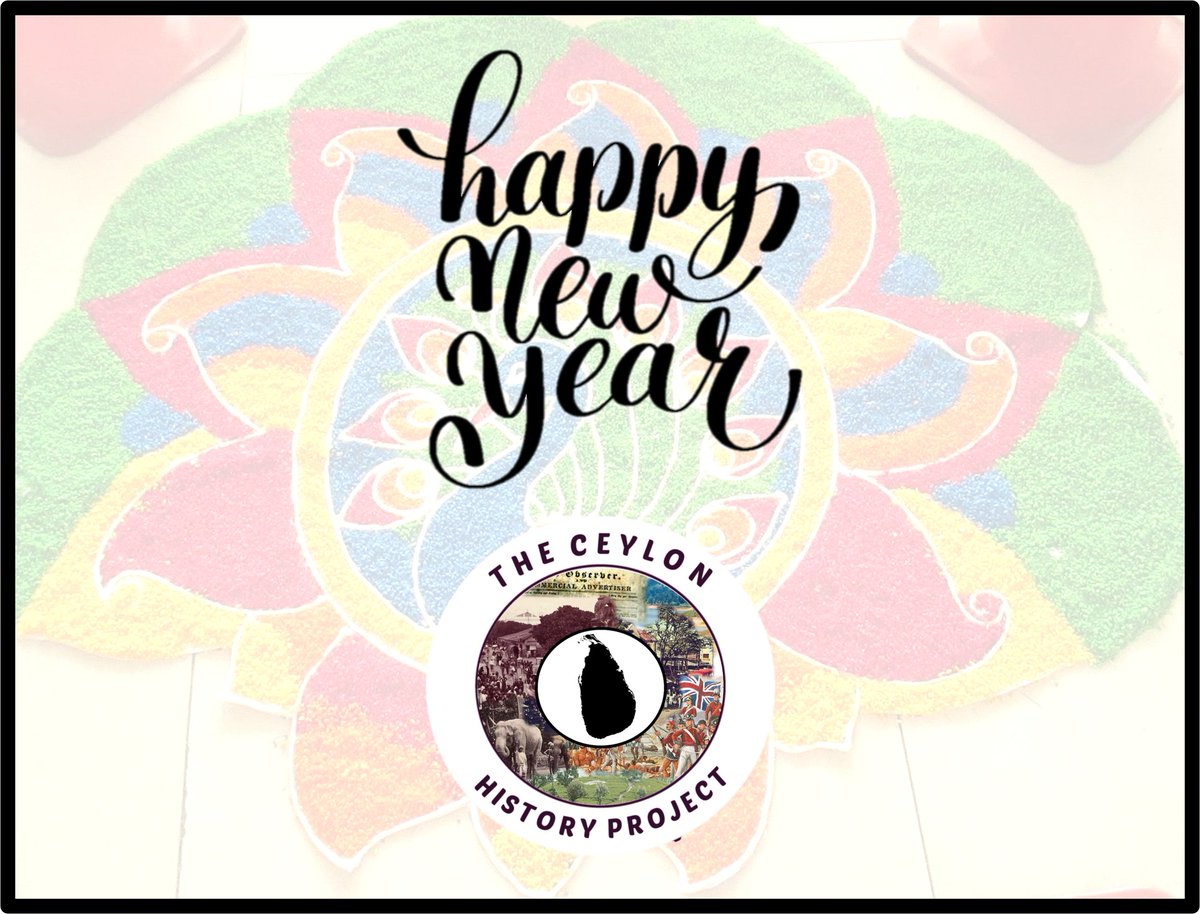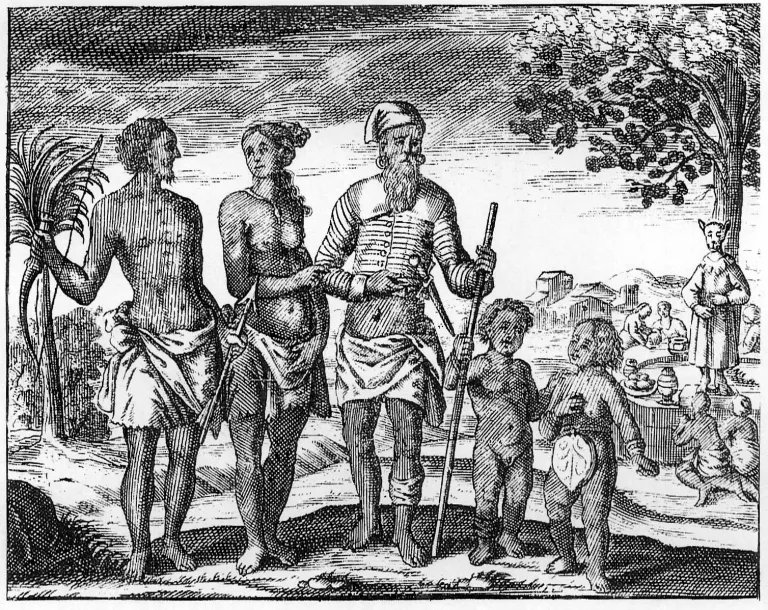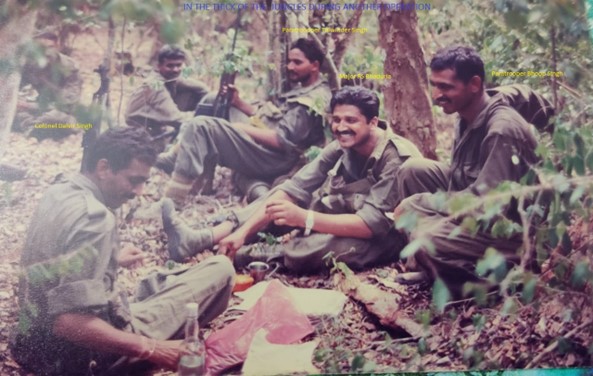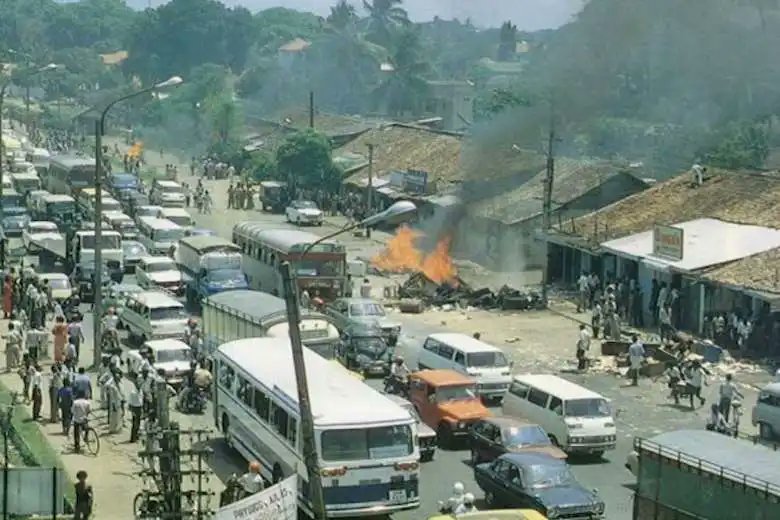Happy Sinhalese & Tamil New Year to Everyone!
For centuries this has been an important celebration for Sri Lankans of all backgrounds...
Take a look at how it started and where it evolved from below...
#HappyNewYear2022 #Srilanka #Otd #History #ceylon #newyear #lka #celebrate
For centuries this has been an important celebration for Sri Lankans of all backgrounds...
Take a look at how it started and where it evolved from below...
#HappyNewYear2022 #Srilanka #Otd #History #ceylon #newyear #lka #celebrate

There is no definite origin story for the Sri Lankan New Year and most scholar point to a multitude of sources that all evolved into what we now celebrate today. But, it can be said that the modern festival originated in the 1500s during the Sītāvaka Period. 

The celebration has a long history in India which likely influenced the date for the festival in Sri Lanka as both places have had a history of cultural exchange and movement for millennia. 

Scholar also point to how the festival came out of traditional agricultural festivals. The traditions of New Year such as sun worship derive from the Subsistence lifestyles many ancient peoples lived under. Usually this would occur after the spring equinox. 

"Astrology and Ᾱyurvēda also on
their part have added various values to different aspects of the New Year Festival." Astrological patterns may have combined with traditional medicinal practices which led to traditional New Year foods such as milk rice and ghee.
their part have added various values to different aspects of the New Year Festival." Astrological patterns may have combined with traditional medicinal practices which led to traditional New Year foods such as milk rice and ghee.

There were probably multiple historical factors that contributed to the New Year festival. But, it's important to remember that originated out of both Hindu and Buddhist cultures and traditions, showing how cultural exchange can create a vibrant and uplifting holiday. 

To learn more, check out this paper by Jayantha Amarasinghe and Nuwan Isura seelawansha about the origins of the New Year festival...
ijac.org.uk/images/frontIm…
ijac.org.uk/images/frontIm…
• • •
Missing some Tweet in this thread? You can try to
force a refresh




























